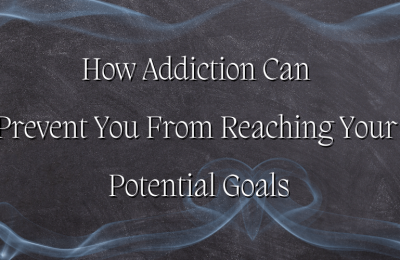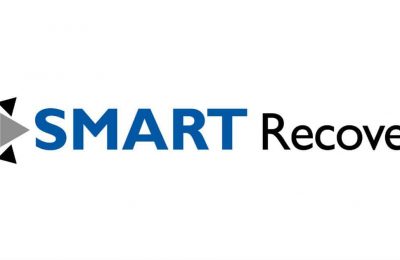How Exercise Can Help With Addiction
Addiction is a complex and chronic disease that affects millions of people worldwide. Whether it’s drug and alcohol addiction, gambling, or even addiction to food or technology, the impact on the individual and their loved ones can be devastating. While there is no one-size-fits-all solution to overcoming addiction, one effective tool that can be used in conjunction with traditional therapies is exercise. Of course the first step is not being in denial about your addiction. In this article, we will explore how working out can help with addiction and the science behind this.
Firstly, let’s understand what addiction is and how it affects the brain. Addiction is a brain disease that involves compulsive behavior despite the negative consequences it brings. The brain’s reward system plays a significant role in addiction, as addictive substances or activities stimulate the release of dopamine, a neurotransmitter associated with pleasure and reward. Over time, the brain becomes dependent on the substance or activity to release dopamine, leading to the compulsive behavior we see in addiction.
Now, let’s delve into how exercise can help with addiction. There are several ways in which working out can positively impact addiction recovery.
Exercise as a Natural High
When we exercise, our brain releases endorphins, also known as the “feel-good” hormones. These endorphins are responsible for the feelings of euphoria and happiness that we experience after a workout. This natural high can help individuals in recovery from addiction to replace the dopamine rush that they previously got from the addictive substance or activity. Exercise can provide a healthy and sustainable way to feel good and combat cravings.

Exercise Reduces Stress and Anxiety
Stress and anxiety are common triggers for addiction. Exercise has been shown to be an effective stress-reliever and mood-booster. Regular exercise can help reduce stress and anxiety levels and improve overall mental health. Exercise stimulates the production of neurochemicals like serotonin, norepinephrine, and gamma-aminobutyric acid (GABA), which have mood-stabilizing effects.
Exercise Creates Structure and Routine
One of the biggest challenges of addiction recovery is establishing structure and routine in daily life. Exercise provides a healthy way to create structure and routine in the recovery process. By committing to a regular exercise routine, individuals can establish a sense of discipline and consistency, which can help build self-esteem and confidence.
Exercise Provides a Sense of Community
Many individuals struggling with addiction feel isolated and alone. Exercise can provide a sense of community and social support. Group fitness classes, for example, can provide a sense of belonging and accountability. Being around like-minded individuals who share a similar goal can be motivating and empowering.

Exercise Boosts Self-Esteem and Confidence
Addiction can have a profound impact on an individual’s self-esteem and confidence. The feelings of guilt, shame, and worthlessness that often accompany addiction can be debilitating. Exercise can provide a sense of accomplishment and achievement, leading to increased self-esteem and confidence. As individuals reach their fitness goals and see the physical changes in their bodies, they may feel a sense of pride and empowerment that can spill over into other areas of their life.
Exercise Promotes Physical Health
Addiction takes a toll on the body, and often leads to poor physical health. Exercise can help individuals in recovery to improve their physical health and address the damage caused by addiction. Regular exercise can help reduce the risk of chronic diseases like heart disease, diabetes, and cancer. It can also improve sleep quality and reduce inflammation, leading to overall better physical health.
The benefits of exercise in addiction recovery are clear. However, it’s essential to note that exercise alone is not a substitute for professional treatment. It’s crucial for individuals struggling with addiction to seek professional help from a therapist or counselor who specializes in addiction.



